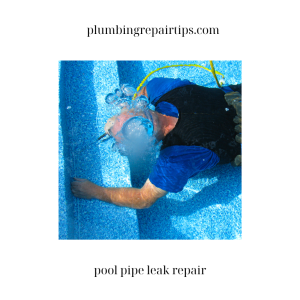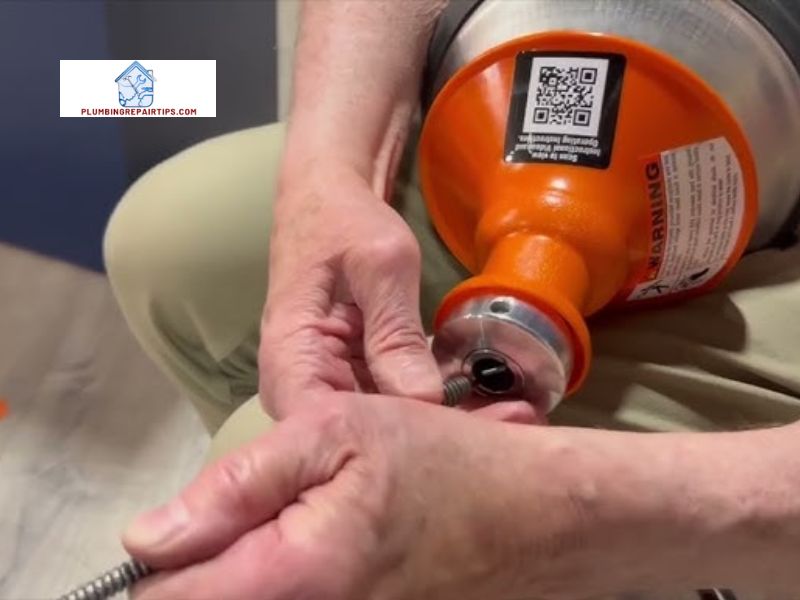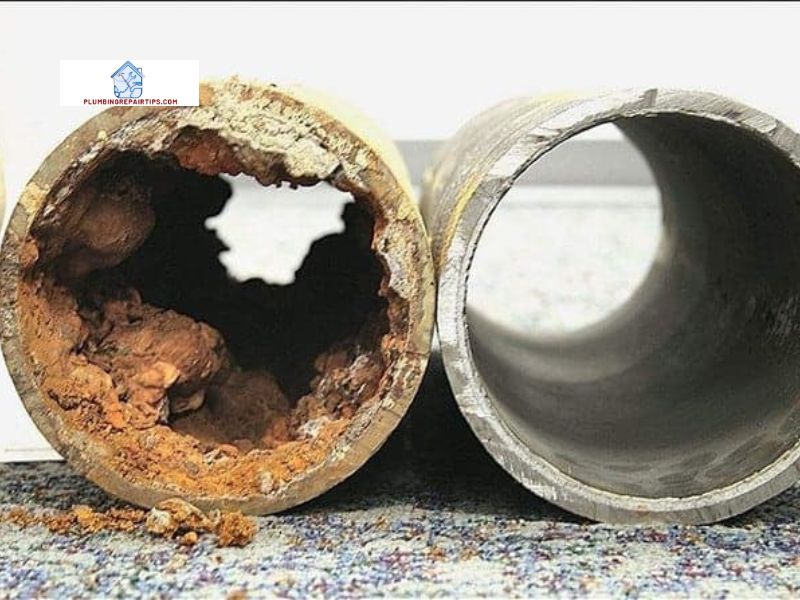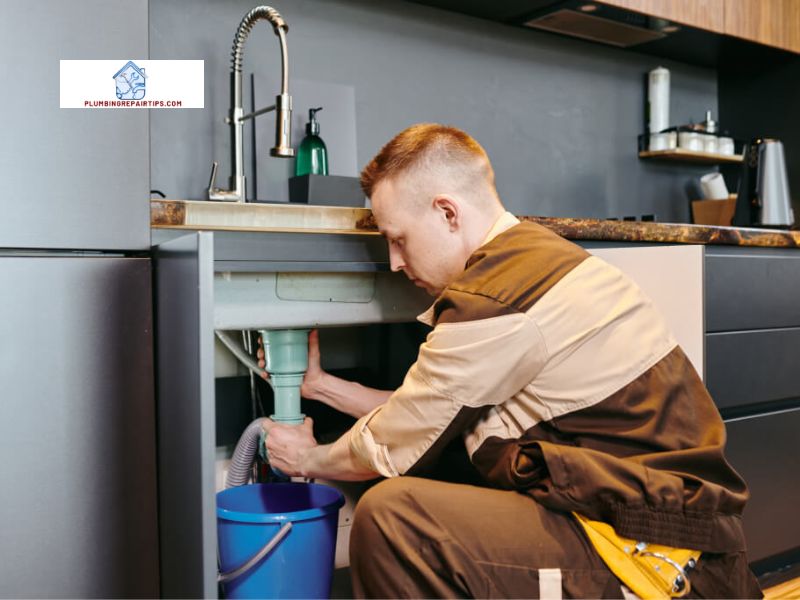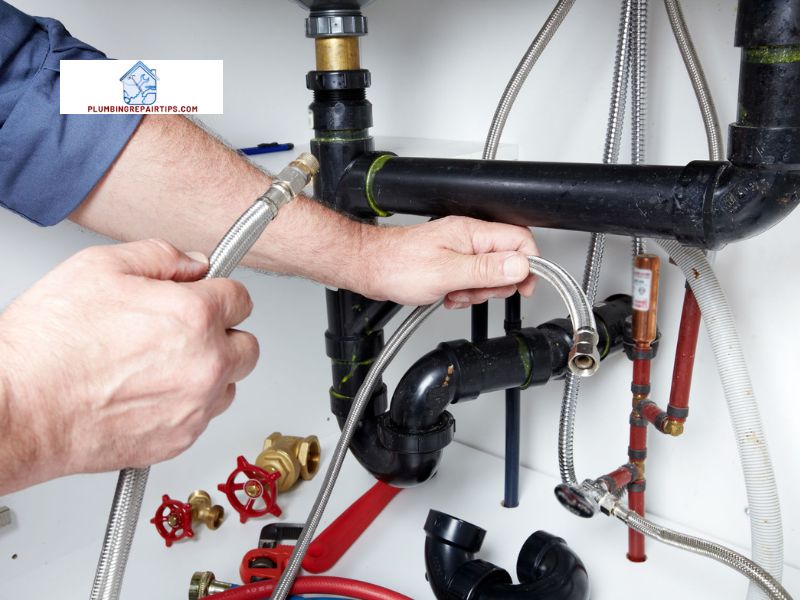Introduction

In our daily lives, managing household waste is a crucial responsibility. Typically, we rely on garbage disposals to effortlessly handle food scraps and other waste materials. But have you ever wondered if it’s possible to efficiently manage waste without a garbage disposal? In this article, I’ll introduce you to the concept of “no garbage disposal” and explore alternative methods to handle waste effectively.
A. Importance of garbage disposal in households
Garbage disposals have become a popular fixture in many homes due to their convenience and ability to grind food waste into small particles. They play a significant role in reducing the amount of waste that goes into landfills, preventing unpleasant odors, and minimizing the risk of pests invading our homes. With a garbage disposal, you can effortlessly dispose of food waste, making cleaning up after meals a breeze.
B. Introduction to the concept of “no garbage disposal”
However, not all households have a garbage disposal system installed. Whether it’s due to personal preference, lack of availability, or environmental concerns, many individuals opt for a “no garbage disposal” lifestyle. This means they find alternative ways to manage their waste without relying on this conventional appliance. If you’re interested in adopting eco-friendly practices or simply want to explore waste management options without a garbage disposal, keep reading.
Stay tuned as we delve into the limitations of not having a garbage disposal and discover effective alternatives to ensure a clean and sustainable living environment. Together, we can find practical solutions that not only benefit our homes but also contribute to the well-being of our planet. So, let’s explore the world of waste management without a garbage disposal!
What is a Garbage Disposal?
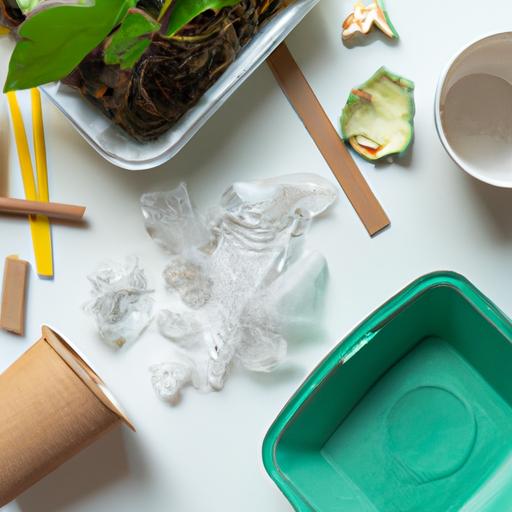
A. Definition and Purpose of a Garbage Disposal
A garbage disposal, also known as a waste disposal unit or garburator, is a household appliance installed under the kitchen sink. Its primary purpose is to shred and grind food waste into small particles, which can then be safely flushed down the drain. This innovative device offers a convenient solution for disposing of organic waste, reducing the amount of trash that ends up in landfills.
B. How it Functions and Benefits of Using One
Garbage disposals operate through a motorized system equipped with sharp blades that break down food waste into tiny pieces. When you turn on the disposal, the blades spin rapidly, grinding the waste as water from the sink helps flush it down the drain. The finely ground particles are then transported through the plumbing system, eventually reaching the wastewater treatment plant.
Using a garbage disposal offers several benefits. Firstly, it minimizes the amount of food waste contributing to landfill overflow, reducing environmental impact. Secondly, it eliminates the need for storing and handling food scraps, preventing unpleasant odors and potential pest infestations. Additionally, garbage disposals simplify kitchen cleanup, as you can conveniently dispose of food waste directly down the drain, saving time and effort.
However, it’s important to note that not all households have or choose to use a garbage disposal. In the following sections, we’ll explore the limitations of not having this appliance and discover alternative waste management methods that can be just as effective, if not more sustainable. Let’s explore the world of waste management without relying solely on a garbage disposal!
Limitations of not having a garbage disposal
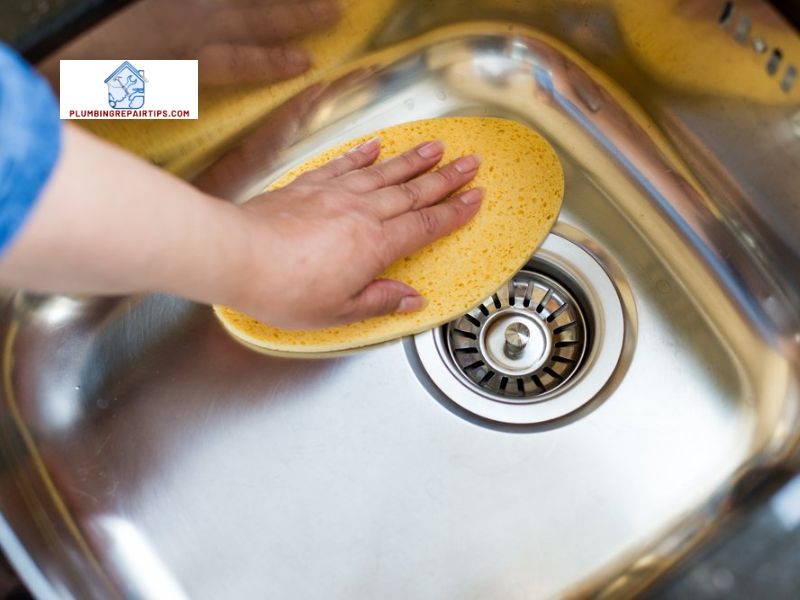
Living without a garbage disposal system poses several challenges that can impact both our daily lives and the environment around us. Let’s explore some of the limitations that arise when we don’t have a garbage disposal.
A. Increased waste accumulation
Without a garbage disposal, disposing of food waste becomes a more cumbersome task. Instead of disposing of food scraps down the drain, we have to collect and store them separately. This can lead to increased waste accumulation in our kitchens, potentially causing unpleasant odors and attracting pests. Additionally, the accumulation of food waste can result in more frequent trips to the trash can or compost bin, consuming valuable time and energy.
B. Impact on the environment
The absence of a garbage disposal can have a significant impact on the environment. When food waste is discarded in regular trash bins, it ends up in landfills where it decomposes and produces harmful greenhouse gases, including methane. These gases contribute to climate change and pose a threat to our planet’s delicate ecosystem. By not having a garbage disposal, we contribute to the growing environmental concerns associated with landfill waste.
C. Potential health hazards
Improper disposal of food waste without a garbage disposal can lead to potential health hazards. When food scraps are stored for an extended period, they can attract pests such as rodents and insects, increasing the risk of infestations. Additionally, decomposing food waste can release unpleasant odors and promote the growth of harmful bacteria, posing health risks to household members. Proper waste management is crucial to maintain a clean and healthy living environment.
By understanding the limitations associated with not having a garbage disposal, we become more aware of the importance of finding alternative waste management solutions. In the next section, we will explore various alternatives that can help us effectively manage waste without relying on a garbage disposal system.
Alternatives to Garbage Disposal
Finding alternative methods for waste management is essential for those without a garbage disposal system. Let’s explore some effective options that can help you handle waste responsibly and contribute to a cleaner environment.
A. Composting
- Benefits of Composting: Composting is a natural and eco-friendly way to manage organic waste. By composting, you can transform food scraps, yard trimmings, and other organic materials into nutrient-rich compost that can be used to enrich soil and support plant growth. Not only does it reduce waste sent to landfills, but it also helps conserve water, reduces the need for chemical fertilizers, and promotes healthier plant growth.
- How to Start Composting at Home: To begin composting at home, you’ll need a designated compost bin or pile. Collect organic waste such as fruit and vegetable peels, coffee grounds, and yard waste. Remember to exclude meat, dairy, and oily items as they can attract pests. Layer the organic materials with dry leaves, straw, or shredded paper to create a balanced mix of green and brown waste. Regularly turn the compost to provide oxygen for decomposition. With time, you’ll have nutrient-rich compost ready to nourish your garden.
B. Recycling
- Importance of Recycling: Recycling is a fundamental practice in waste management that helps conserve resources, reduce energy consumption, and minimize pollution. By recycling, we can transform used materials into new products, reducing the need for extracting raw materials and decreasing the strain on natural resources.
- Different Types of Recyclable Materials and Their Proper Disposal Methods: It’s crucial to understand which materials are recyclable and how to dispose of them properly. Common recyclable items include paper, glass, plastic, and metal. Separate these materials from your regular waste and place them in designated recycling bins. Check with your local recycling facilities or waste management authorities to learn about specific guidelines and proper disposal methods for different recyclable materials.
C. Waste Management Strategies
- Proper Waste Sorting and Disposal Techniques: Effective waste management starts with proper waste sorting. Separate your waste into categories such as recyclables, non-recyclables, and hazardous materials. Dispose of each type of waste in the appropriate bins or containers. This ensures that recyclable materials are sent for recycling, non-recyclables are disposed of responsibly, and hazardous materials are handled safely to protect the environment and human health.
- Utilizing Community Waste Management Services: Many communities offer waste management services that promote responsible waste disposal. Take advantage of these services, such as curbside recycling programs or community composting initiatives. By participating in such programs, you can contribute to a more sustainable waste management system and have a positive impact on your community.
By adopting these alternative waste management methods, you can make a significant difference even without garbage disposal. Embrace the power of composting, recycling, and waste management strategies to create a cleaner and greener environment for all.
Conclusion
Managing household waste efficiently is crucial for maintaining a clean and sustainable living environment. While garbage disposals offer convenience in waste disposal, it’s possible to effectively manage waste without relying on them. In this article, we explored the concept of “no garbage disposal” and discussed alternative methods for waste management.
By adopting proper food waste disposal techniques, such as minimizing food waste through meal planning and utilizing disposal methods like composting or utilizing community waste management services, we can significantly reduce our environmental impact. Recycling and composting guidelines provide further opportunities to divert waste from landfills and contribute to a healthier planet.
Additionally, incorporating creative ways to reduce waste in daily life, such as practicing mindful consumption, reusing materials, and embracing sustainable packaging alternatives, can make a significant difference. Together, these efforts contribute to a greener future and help preserve our planet for future generations.
As we conclude, remember that even without garbage disposal, you have the power to make a positive impact on waste management. Embrace the alternatives mentioned in this article and adopt eco-friendly practices in your daily life. Let’s strive for a “no garbage disposal” lifestyle that prioritizes sustainability and ensures a cleaner, healthier world for all.
Bold: plumbingrepairtips.com
